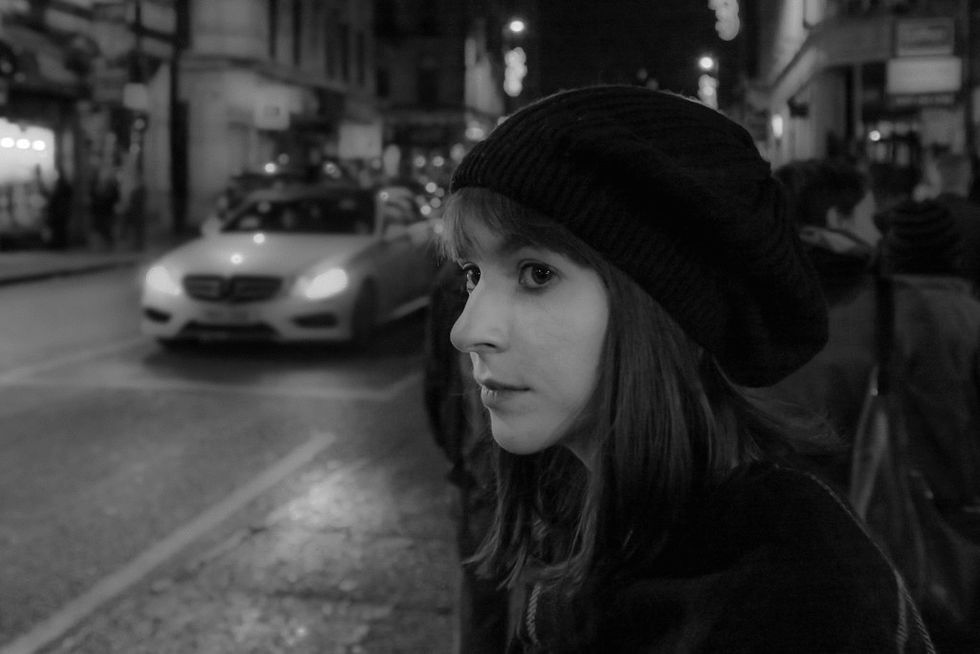What I Saw and How I Lied by Judy Blundell is my favorite novel of all time. I picked it out by chance — because the cover stood out to me — back in 7th grade, and I would say it opened my eyes. The novel is historical fiction and a mystery noir, two genres I've grown to love. It follows Evie, a young, 15-year-old girl, who glorifies adulthood and views it as the beginning of her life, the time where everything changes. On a vacation trip with her mom and step-father, she meets a dashing ex-GI named Peter, whom she begins to fall for. The novel slowly unravels into a mystery as she discovers that adulthood isn't as grand as she thought.
I thought that this summer, during all the chaos and uncertainty happening in our world, I should reread the novel and see what I can still take away from it years later. Here is what I learned:
*Spoilers ahead!*
In the novel, Evie gets involved in things that are considered "adult" for the sake of embodying one. For example, she smokes so that people see her as an adult rather than a young girl. She gets caught up in what society perceives, and like a follower, she submits to society's rules, even if they do not feel right to her. She gets involved with Peter, and she believes that being in love is what makes her an adult. However, she soon realizes that she is still a little girl and that the world sees her as such, especially when she realizes she was a cover for her mom and Peter's affair. From this, I took away that we should not focus on things we cannot change. Evie cannot change that the world perceived her as a girl rather than an adult. But within that scope, she can change her priorities, her attitude, and her ambitions. She should not focus on becoming an adult. She should focus on becoming Evie.
Evie learns throughout the novel that her romanticization of adulthood made her make bad, impulsive decisions. She also learns that in reality, understanding all angles of a situation does not necessarily aid you in making the right decision. During the climax of the novel, Peter suddenly dies when out at sea with her parents. Evie soon pieces together that her parents may have gotten rid of him because of her mother's affair with Peter. It was getting in the middle of her parents' marriage. However, when asked to testify, instead of detailing her understanding of the entire scheme, she decides to side with her parents and lie. Did she choose the more convenient and selfish decision? Yes. However, she tells herself afterwards that she does not want to be like her parents. She wants to be herself. She does not want to romanticize their life anymore and wait for adulthood. She wants to live in the present and be the person she wants to be so that she does not have to make a difficult, selfish decision like that again.
At the end of the novel, Evie ends her friendship with her best friend. Why? One of the reasons, which to me is the most important, is that her friend was prejudiced. There were instances when her friend perpetuated anti-Semitism, specifically to a Jewish girl their age. In the beginning of the novel, Evie would have given in and participated with her best friend. But after her trip, she realized that if she wanted to be who she wanted to be — a better person than her mother — she must surround herself with people who will influence her positively. She knows that anti-Semitism is wrong, and so she cuts that toxic part out of her life and befriends the Jewish girl that her friend made fun of. This is an important lesson that is especially relevant today.
















